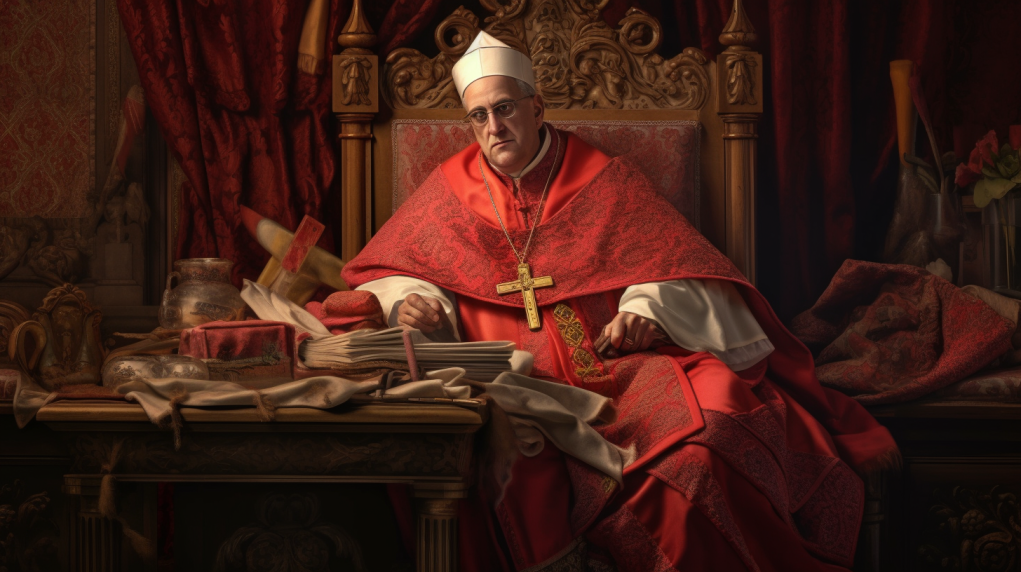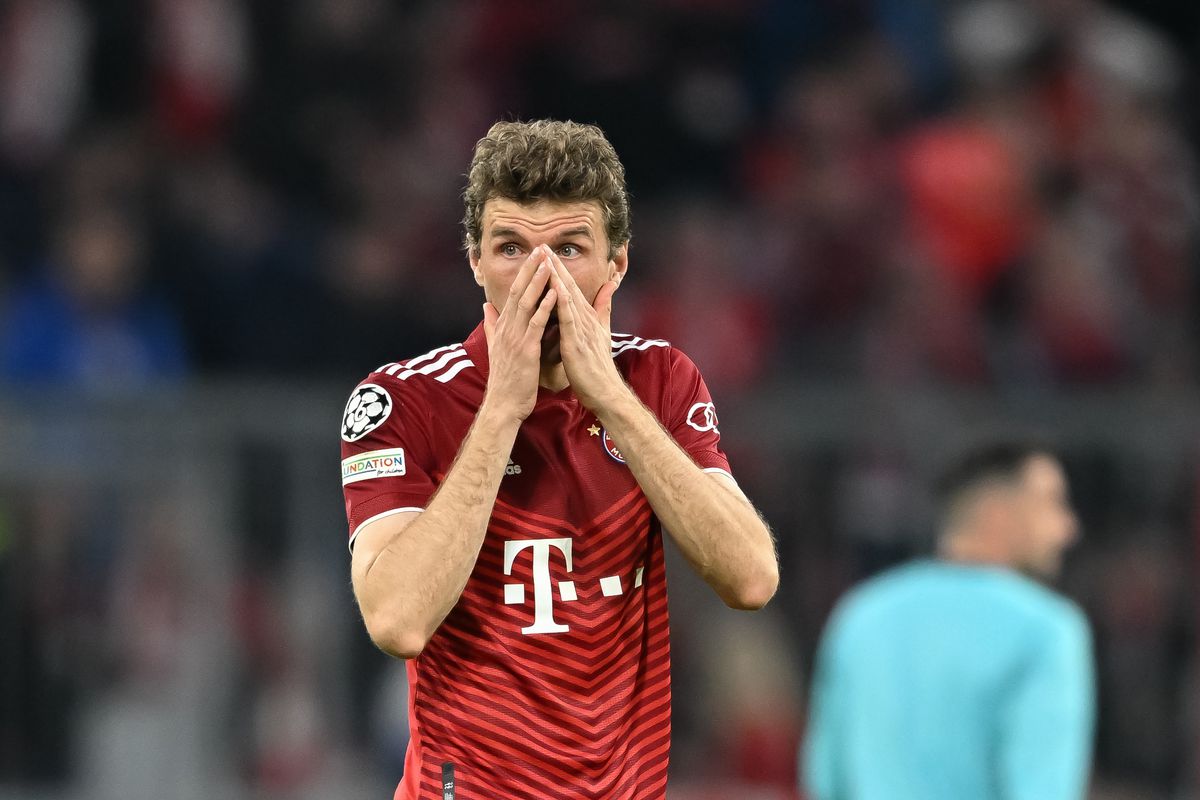Key Cardinals Considered For The Papacy

Table of Contents
Leading Contenders for the Papacy
The term "papabile" refers to cardinals considered likely candidates for the papacy. Selecting the next Pope is a complex process, influenced by numerous factors. These include the cardinal's age and health, their theological viewpoints, their administrative capabilities, and their regional representation within the global Church. A balance of these factors is usually sought to ensure broad appeal and effective leadership.
Several cardinals are frequently mentioned as potential papabili. It's important to note that this is speculative, and the actual outcome of the conclave remains unknown.
-
Cardinal A (Nationality): Known for his expertise in canon law and progressive views on social justice issues. He has a strong track record in interfaith dialogue and is seen by many as a bridge-builder.
-
Cardinal B (Nationality): Highly respected for his conservative theological stances and extensive administrative experience managing a large diocese. His focus on traditional doctrines and practices makes him a popular choice among more conservative factions within the Church.
-
Cardinal C (Nationality): Popular among the faithful for his pastoral work and outreach to marginalized communities. His dedication to serving the poor and vulnerable is a significant aspect of his public image.
-
Cardinal D (Nationality): Known for his scholarship in biblical studies and his diplomatic skills, having served as an envoy for the Vatican in several international relations.
-
Cardinal E (Nationality): Highly regarded for his leadership in managing the financial affairs of the Church and his expertise in economic policy.
Understanding the Selection Process
The Papal conclave is a highly secretive process by which the College of Cardinals elects the new Pope. The cardinals, gathered in the Sistine Chapel, engage in a series of secret ballots until a two-thirds majority is achieved. The mechanics are steeped in tradition and designed to ensure a fair and reflective selection.
Key stages of the conclave include:
- Seclusion and prayer: The cardinals are secluded from the outside world, focusing on prayer and reflection.
- Secret ballots and counting: Ballots are counted in strict secrecy to ensure impartiality.
- Requirement for a two-thirds majority: This ensures a strong consensus and avoids a split decision.
- Announcing the new Pope ("Habemus Papam!"): The election is announced to the world from the balcony of St. Peter's Basilica.
Theological and Political Considerations
The cardinals considered for the papacy represent a range of theological viewpoints, from progressive to conservative. These different perspectives will significantly impact the future direction of the Catholic Church. The choice of Pope also carries considerable geopolitical implications, given the Church's global reach.
Key theological and political divides within the Church include:
- Debate surrounding issues like liturgical reform: The extent to which traditional practices should be maintained or adapted to contemporary sensibilities.
- Discussions on interfaith dialogue and ecumenism: The Church's engagement with other faiths and Christian denominations.
- Differing approaches to social justice and poverty: How the Church addresses issues of inequality and social responsibility.
Potential Challenges Facing the Next Pope
The next Pope will face a number of significant challenges:
- Addressing the clergy sex abuse crisis: Continuing to implement reforms and ensure accountability.
- Navigating relations with other world religions: Promoting interfaith understanding and cooperation.
- Responding to changing social values: Addressing contemporary moral issues and adapting the Church's teachings to a changing world.
- Declining Church attendance: Re-engaging younger generations and revitalizing parish life.
- Internal divisions within the Church: Reconciling differing theological viewpoints and fostering unity.
Conclusion
The selection of the next Pope is a momentous occasion for the Catholic Church and the world. Understanding the profiles of the key cardinals considered for the papacy provides valuable insight into the potential future direction of the Church. While predicting the outcome of the conclave is impossible, analyzing the strengths and weaknesses of potential candidates helps frame the upcoming election. To stay informed about the latest developments and continue exploring the profiles of the key cardinals considered for the papacy, continue following our coverage. Stay informed on the key cardinals considered for the papacy as the conclave progresses and the next chapter in the history of the Catholic Church unfolds.

Featured Posts
-
 Unlocking Payton Pritchards Potential A Look At His Breakout Year
May 12, 2025
Unlocking Payton Pritchards Potential A Look At His Breakout Year
May 12, 2025 -
 Sekret Pokhudeniya Dzhessiki Simpson Put K Novoy Figure
May 12, 2025
Sekret Pokhudeniya Dzhessiki Simpson Put K Novoy Figure
May 12, 2025 -
 Thomas Muellers Bayern Legacy His Most Frequent Xi Teammates
May 12, 2025
Thomas Muellers Bayern Legacy His Most Frequent Xi Teammates
May 12, 2025 -
 Is Thomas Mueller Leaving Bayern Munich Reactions From The Football World
May 12, 2025
Is Thomas Mueller Leaving Bayern Munich Reactions From The Football World
May 12, 2025 -
 Six Shots Back Mc Ilroy And Lowrys Zurich Classic Title Defense
May 12, 2025
Six Shots Back Mc Ilroy And Lowrys Zurich Classic Title Defense
May 12, 2025
